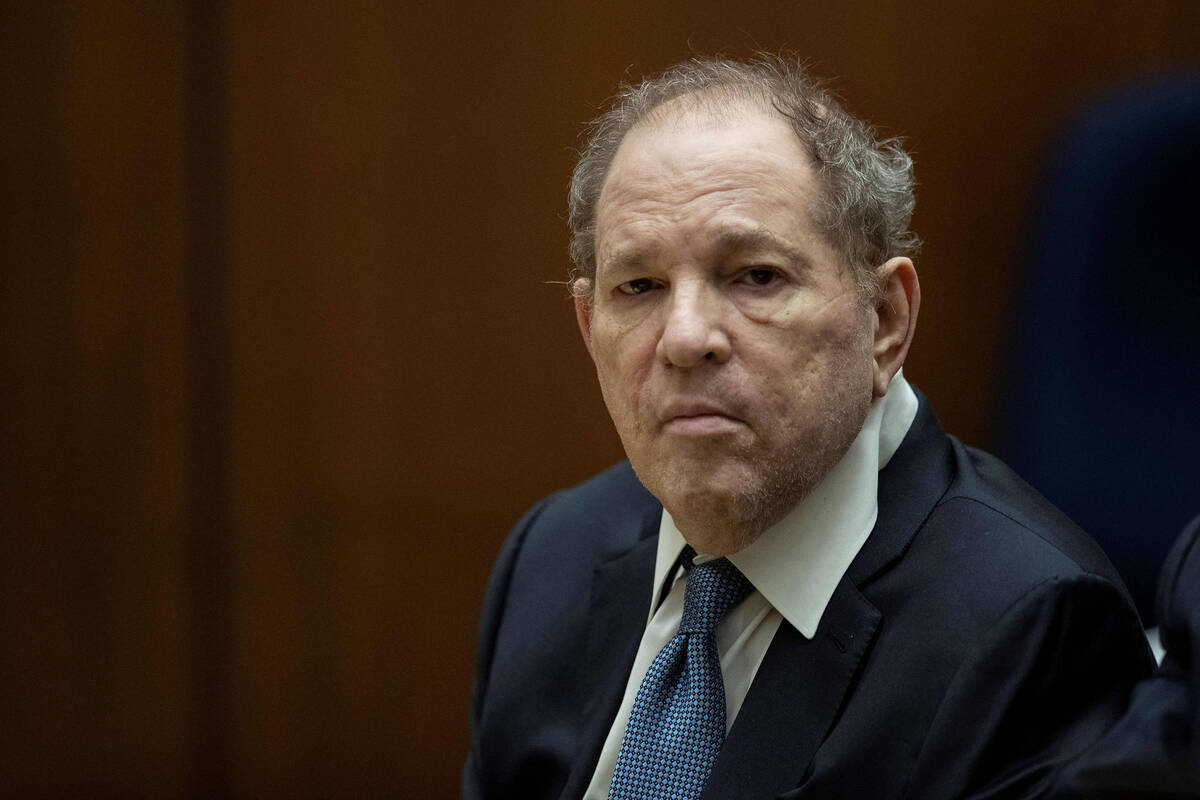Court overturns Harvey Weinstein’s 2020 rape conviction from landmark #MeToo trial
NEW YORK — New York’s highest court on Thursday overturned Harvey Weinstein’s 2020 rape conviction, finding the judge at the landmark #MeToo trial prejudiced the ex-movie mogul with improper rulings, including a decision to let women testify about allegations that weren’t part of the case.
The state Court of Appeals ruling reopens a painful chapter in America’s reckoning with sexual misconduct by powerful figures — an era that began in 2017 with a flood of allegations against Weinstein. The court ordered a new trial. His accusers could again be forced to relive their traumas on the witness stand.
Weinstein, 72, has been serving a 23-year sentence in a New York prison following his conviction on charges of criminal sex act for forcibly performing oral sex on a TV and film production assistant in 2006 and rape in the third degree for an attack on an aspiring actress in 2013.
He will remain imprisoned because he was convicted in Los Angeles in 2022 of another rape and sentenced to 16 years in prison. Weinstein was acquitted in Los Angeles on charges involving one of the women who testified in New York.
Weinstein’s lawyers argued Judge James Burke’s rulings in favor of the prosecution turned the trial into “1-800-GET-HARVEY.”
The reversal of Weinstein’s conviction is the second major #MeToo setback in the last two years, after the U.S. Supreme Court refused to hear an appeal of a Pennsylvania court decision to throw out Bill Cosby’s sexual assault conviction.
Weinstein’s conviction stood for more than four years, heralded by activists and advocates as a milestone achievement, but dissected just as quickly by his lawyers and, later, the Court of Appeals when it heard arguments on the matter in February.






















